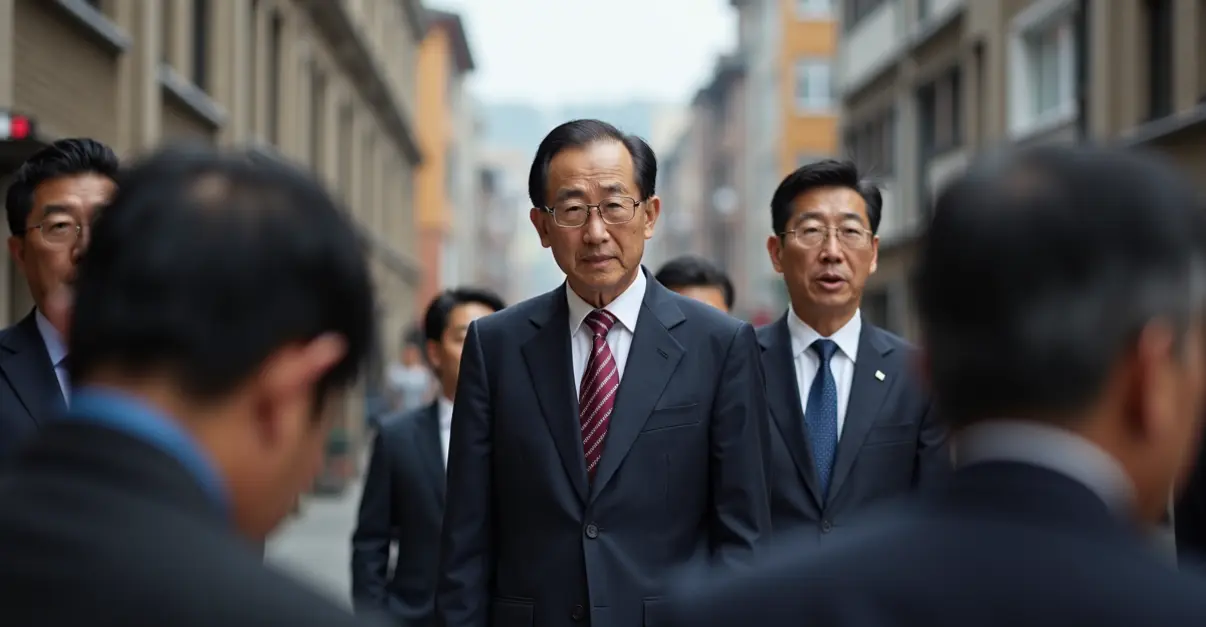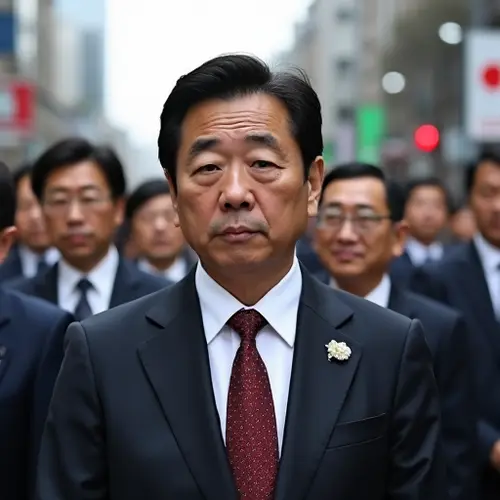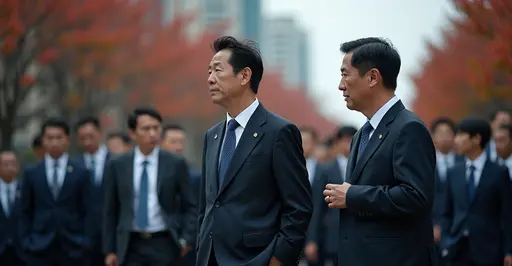
Political Crisis Forces Japanese Leader to Step Down
Japanese Prime Minister Yoshimasa Ishiba announced his resignation on September 7, 2025, following mounting pressure within his ruling Liberal Democratic Party (LDP). The decision comes after the LDP-Komeito coalition suffered significant losses in recent parliamentary elections, losing their majority in the upper house.
Election Setbacks Trigger Internal Conflict
The political crisis began in July 2025 when Ishiba's coalition government lost its majority in the House of Councillors elections. This marked the second major electoral defeat for Ishiba, who had previously called a snap general election shortly after taking office in October 2024 that resulted in the LDP's second-worst performance in party history.
With the coalition now dependent on opposition support to pass legislation, Ishiba's position as party leader became increasingly untenable. Despite initially refusing to resign, citing concerns about political instability, the pressure intensified ahead of a planned party vote on leadership elections that was widely seen as an implicit no-confidence motion.
Internal Party Dynamics
The Liberal Democratic Party has long been characterized by its factional system, where internal power struggles often determine leadership changes. Ishiba, who had developed a reputation as a political maverick within the party, found himself at odds with traditional power brokers despite growing public support for his administration.
According to political analysts, many Japanese citizens have expressed desire for political stability, making Ishiba's resignation particularly noteworthy given his cabinet's increasing popularity. However, party officials and regional chapters reportedly pushed for his departure and early leadership elections.
Historical Context
Ishiba becomes the latest in a series of Japanese prime ministers to fall victim to internal party politics. His predecessor, Fumio Kishida, also faced similar pressures before stepping down. The pattern highlights the ongoing challenges within Japan's dominant political party, where internal factionalism often takes precedence over governmental stability.
New leadership elections are expected to be called within weeks, marking another chapter in Japan's political landscape as the country navigates economic challenges and international relations, particularly with China, South Korea, and the United States.

 Nederlands
Nederlands English
English Français
Français Deutsch
Deutsch Español
Español Português
Português







